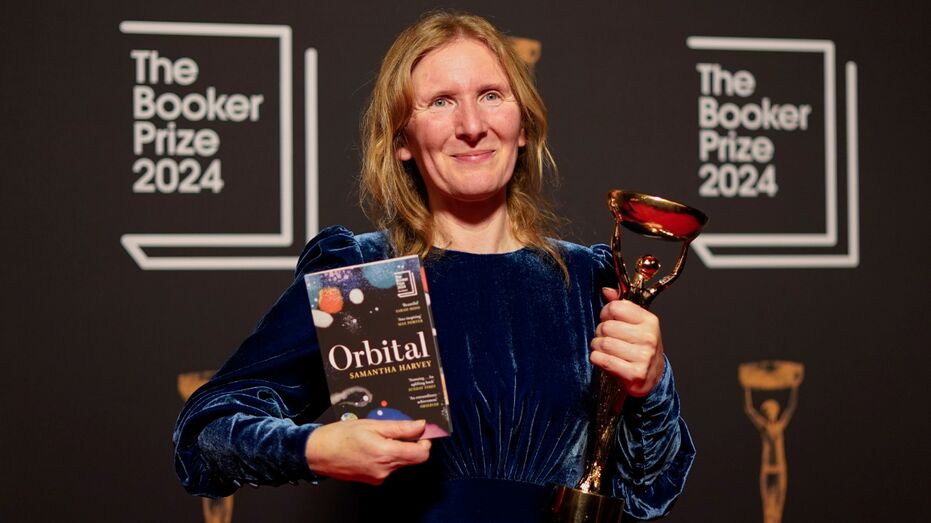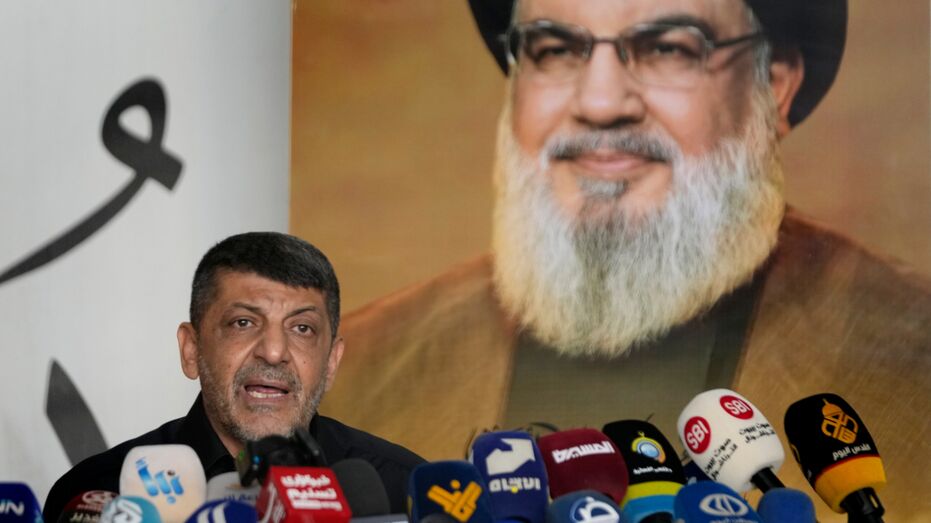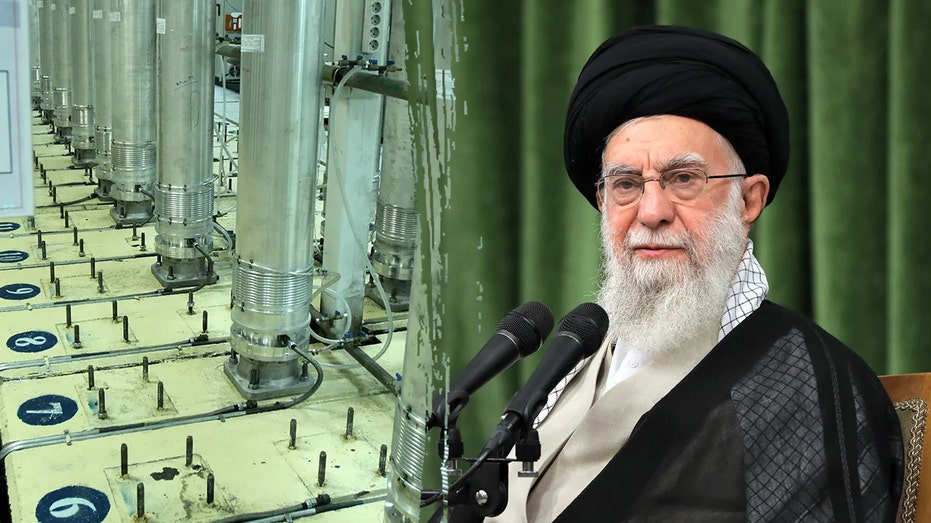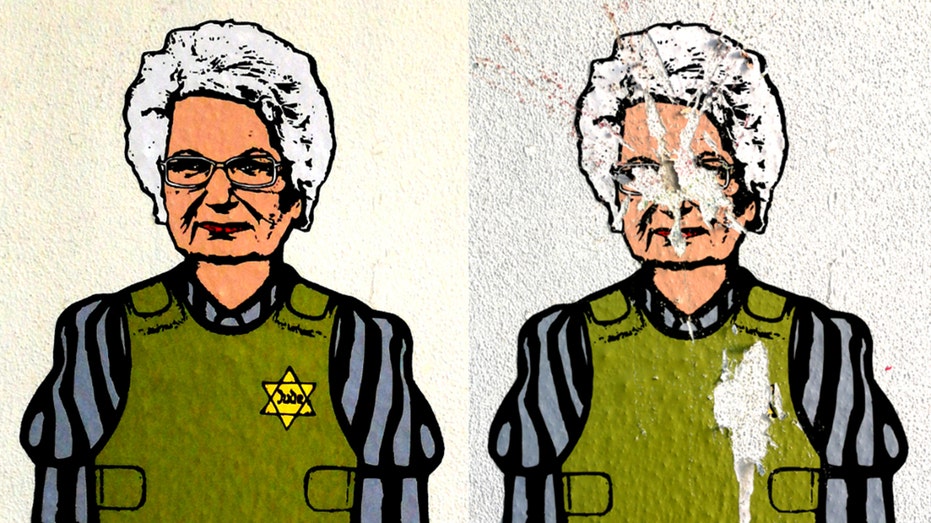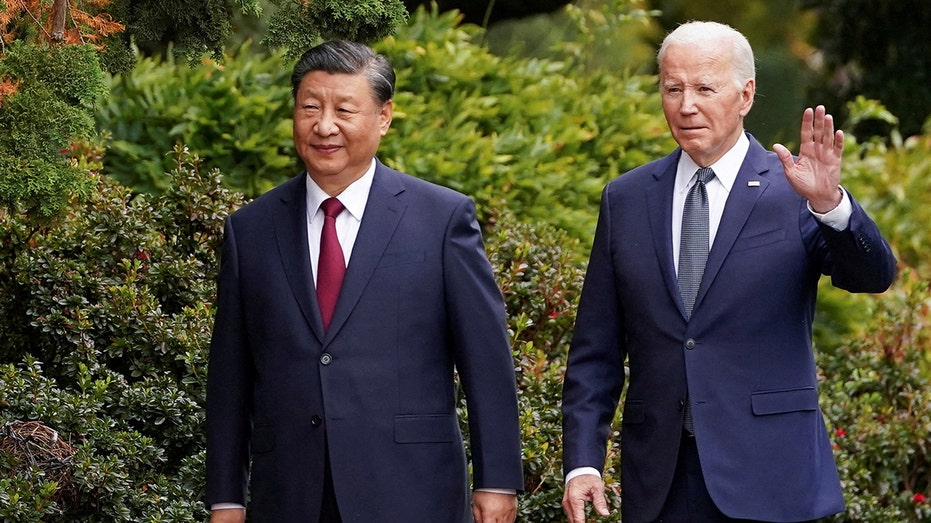
Samantha Harvey Wins Booker Prize for “Orbital”: A Space-Themed Reflection on Earth
On a noteworthy Tuesday, British author Samantha Harvey clinched the esteemed Booker Prize for fiction with her evocative novel Orbital. Set aboard the International Space Station, Harvey’s work encapsulates the fragility and luminous beauty of Earth, prompting readers to reflect on their own place within the universe.
A Journey into Space and Self
Harvey, who refers to Orbital as a “space pastoral,” was awarded a prize of ,000 for this contemplative narrative about six astronauts encircling the Earth. Written during the isolating times of the COVID-19 pandemic, the novel presents a unique perspective as the characters experience 16 sunrises and 16 sunsets within the confines of their floating habitat, captivated by the changing vistas of our planet below.
In her own words, Harvey describes the experience of viewing Earth from space as akin to a child gazing into a mirror, awakening to the realization that the reflection staring back is indeed themselves. “What we do to the Earth, we do to ourselves,” she remarked while discussing the inspirations for her book, which included thoroughly researching astronauts’ experiences and immersing herself in the live feeds from the space station.
More than a Novel, a Call to Action
While Orbital isn’t solely focused on climate change, Harvey subtly weaves awareness of humanity’s impact on the planet throughout her narrative. In a heartfelt dedication, she stated, “This award is for everyone who speaks for and not against the Earth, for and not against the dignity of other humans and other life.” Her acknowledgment of those who advocate for peace further underscores her commitment to environmental and humanitarian causes.
Critical Acclaim and Awards Ceremony
Chairing the Booker Prize judging panel, writer and artist Edmund de Waal lauded Orbital as a “miraculous novel” that reinvigorates our understanding of the world. Chief Executive of the Booker Prize Foundation, Gaby Wood, echoed this sentiment, deeming it “hopeful, timely, and timeless,” especially poignant in what has been described as a year rife with geopolitical turmoil and climatic extremes.
At a mere 136 pages, Orbital stands out as one of the shortest novels to ever win the Booker Prize. De Waal praised Harvey’s “crystalline” prose and noted the depth found within the concise narrative, suggesting that “this is a book that repays slow reading.” The judging panel deliberated for an entire day before arriving at their unanimous decision.
A Diverse Field of Finalists
Harvey’s win comes against a backdrop of formidable contenders, including:
- Canadian author Percival Everett with James, a reimagining of the classic Huckleberry Finn from Jim’s perspective.
- American writer Rachel Kushner with Creation Lake, a gripping spy novel.
- Canadian Anne Michaels presenting her poetic work Held.
- Australian author Charlotte Wood with Stone Yard Devotional.
- Dutch writer Yael van der Wouden with The Safekeep.
Harvey’s victory is particularly notable as she is the first British author to win since 2020 and the first female winner since 2019. The 2023 shortlist also made history, featuring five female authors, the highest representation in the prize’s 55-year legacy.
Focus on the Novel, Not the Numbers
De Waal emphasized the judging panel’s commitment to evaluating the works purely on literary merit, stating, “There was absolutely no question of box ticking or of agendas. It was simply about the novel.” The awards ceremony took place at Old Billingsgate, a historic Victorian market located in the heart of London, adding to the night’s gravitas.
The Lasting Impact of the Booker Prize
Established in 1969, the Booker Prize has a reputation for catapulting authors into the limelight, with previous winners including literary giants like Ian McEwan, Margaret Atwood, Salman Rushdie, and Hilary Mantel. Harvey’s success further solidifies her status within contemporary literary fiction.
Future Endeavors
Though the recognition has left her feeling overwhelmed, Harvey remains focused on her future plans regarding the prize money. She humorously shared her intentions to use part of the winnings for taxes, to purchase a new bike, and to embark on a trip to Japan.
Samantha Harvey’s victory with Orbital marks a significant chapter in her career, inspiring readers to reevaluate their connections to the Earth and our shared humanity amidst an ever-changing planet.

